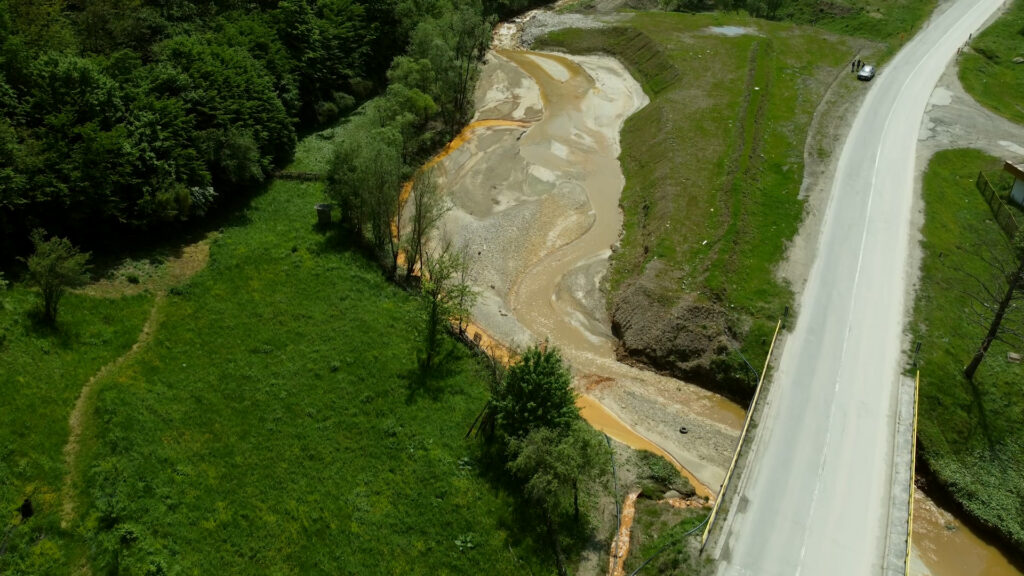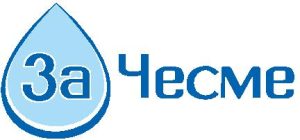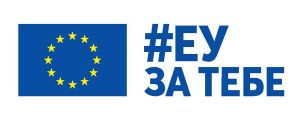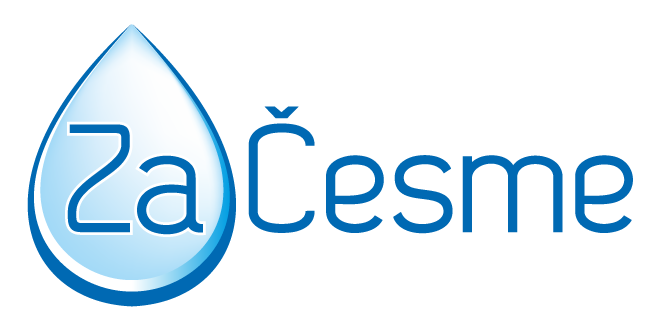
07/08/2024
Environmental Court Proceedings
The fate of the Borska River, which has received mine wastewater and sewage for decades, is shared by the small river the Little Pek in Majdanpek. On its way to Kučevo, Golubac, and Veliko Gradište, it joins with the Great Pek, forming the Pek River, a tributary of the Danube. The continuous discharge of sewage from Majdanpek and occasional release of wastewater from the Majdanpek mine, which belongs to the “Zijin” company, gives this small river a water quality rating of Category III. Analyses have shown increased levels of orthophosphates, ammonium ions, and iron, while elevated sulfate and copper content were detected after the mining pit. The presence of heavy metals in both the water and the banks of the Pek was confirmed by a cycle of four samplings conducted as part of the project “Environmental Response to Mining Expansion in Timočka Krajina,” which was carried out from 2022 to 2024.
The flotation lake at the “Southern District” has posed a constant threat to the Pek River for decades. The most significant ecological accident occurred half a century ago when the dam burst, and mining waste destroyed the river’s aquatic life, which took decades to recover. Unfortunately, a new ecological accident happened in March 2021 with the uncontrolled release of wastewater from the “Copper Lake.” The released amounts of toxins were so large that the Pek River changed color all the way to Kučevo, 50 kilometers away from Majdanpek. The Regional Institute for Renewable Energy and Environment (RERI) attempted to determine what was discharged into the river and possibly punish the perpetrators. Water samples from the Little Pek at three locations were alarming: copper concentrations were 17 times higher than the prescribed limit, arsenic was 3.5 times higher, and lead was twice the permissible level. Consequently, RERI filed a criminal complaint against the mining company Zijin, but the competent court applied the principle of opportunity, and the matter was resolved with a payment of one million dinars for humanitarian purposes.
Unfortunately, this is not the only example that the mining company Zijin evading responsibility for blatant violations of the law. In 2022 alone, following reports by RERI, Zijin was convicted four times by the Commercial Court in Zaječar for violations of the Law on Mining and Geological Research. These cases involved the construction of facilities without permits and without environmental impact assessments, and the fines were always below the legal minimum. In addition to the charges for construction without necessary permits, RERI filed other criminal complaints with the Bor prosecutor’s office, such as for air pollution, which have been delayed under the pretext that the “evidentiary procedure is ongoing,” while those that have reached the court are being prolonged.
Before the Basic Court in Bor, a criminal proceeding has been ongoing for almost two years against the company “Serbia Zijin Copper Bor” and a responsible individual, on reasonable suspicion of committing the criminal act of Environmental Pollution. The accused are charged with being responsible for air pollution in Bor from June 2019 to November 2020, during which time the concentrations of sulfur dioxide, arsenic, nickel, lead, and other metals in the air were significantly increased. As a result, RERI filed a complaint with the Bor Prosecutor’s Office in 2021, and the first hearing was scheduled for December 2022. Closing arguments and the verdict are expected in early September 2024.
There are numerous examples indicating that the punitive policy in Serbia is not designed to deter polluters from violating the law. On the contrary, it can be concluded that it encourages companies to disregard the laws and regulations that protect the environment.
Association “Za Drinking Fountains”
This text was produced within the project “Environmental response to mining expansion in Timočka Krajina” funded by the European Union, and implemented by the Association “Za Drinking Fountains”, the Association of Young Researchers Bor, Civic Library “Europe” Bor and Children’s Center Zaječar. The content of the text is entirely responsibility of these associations and do not necessarily reflect the views of the European Union.




